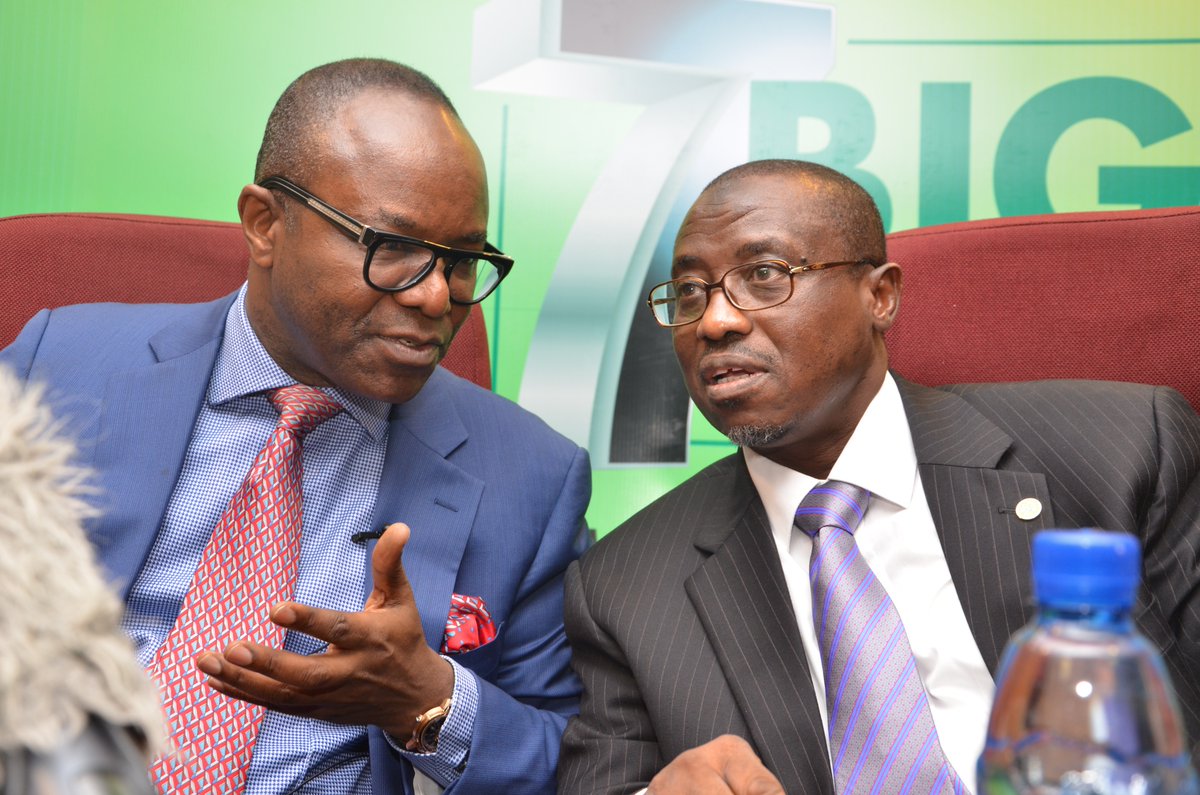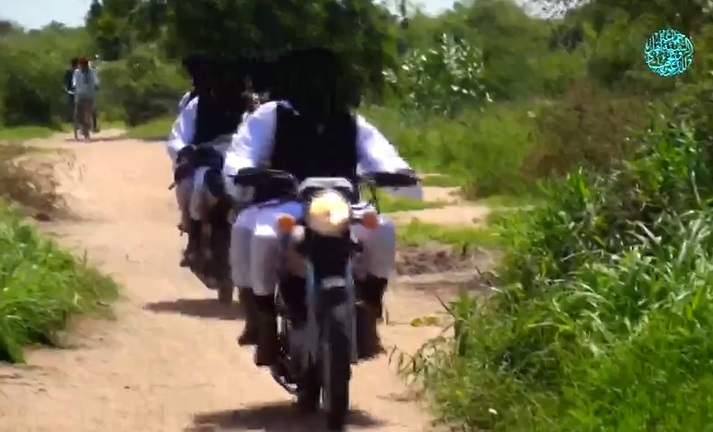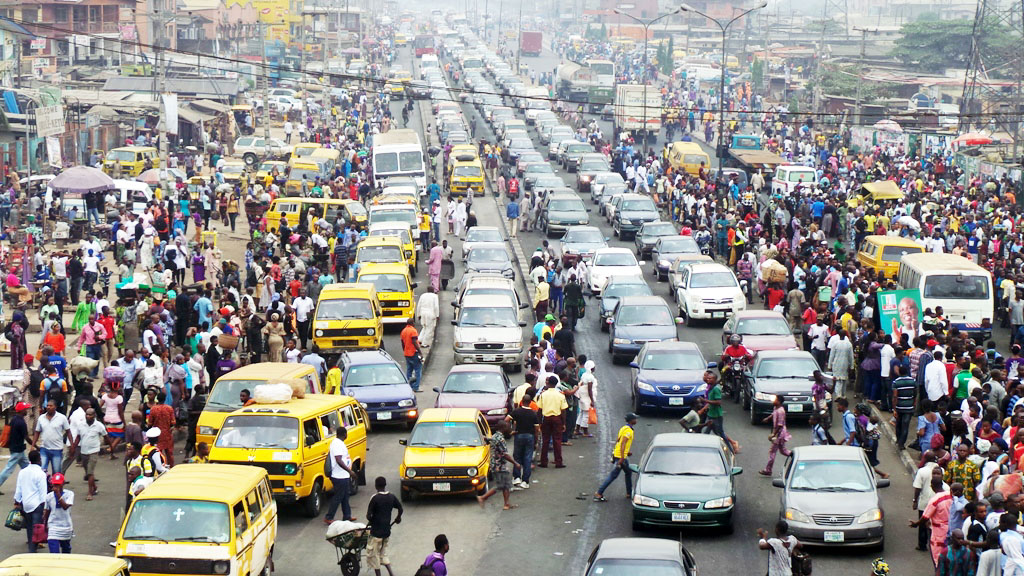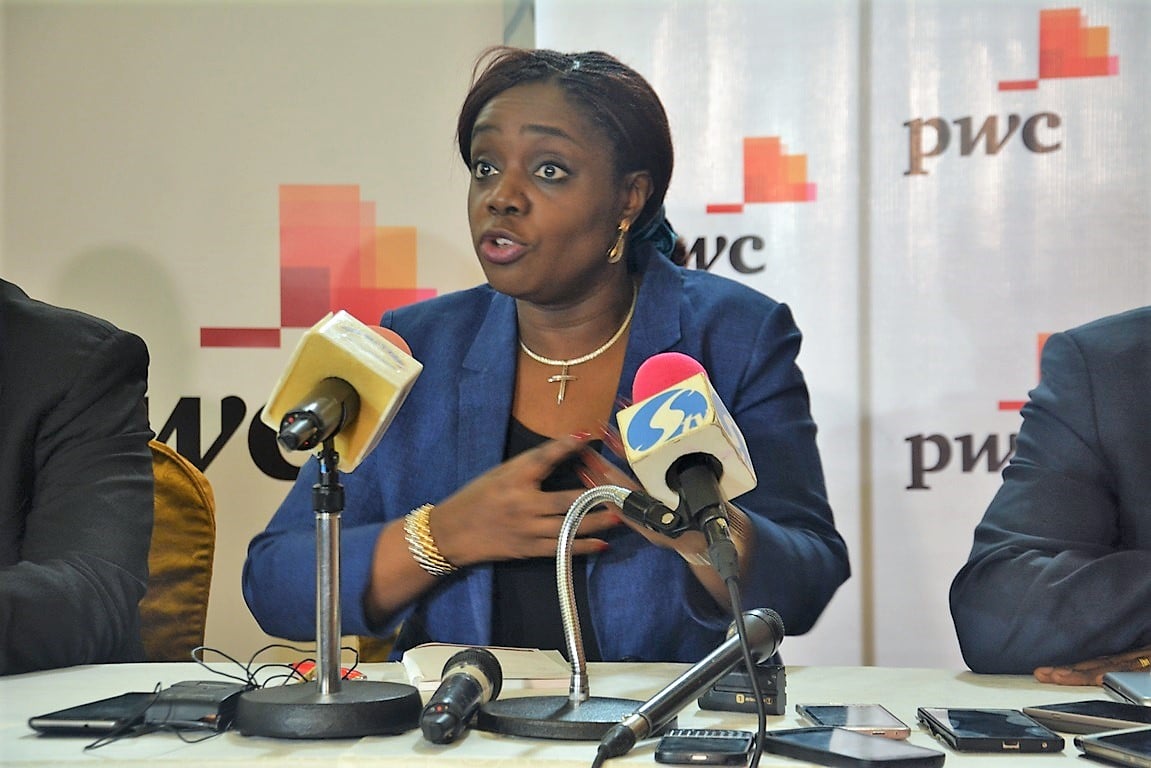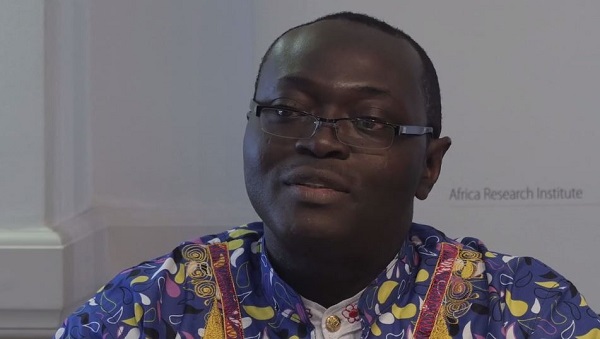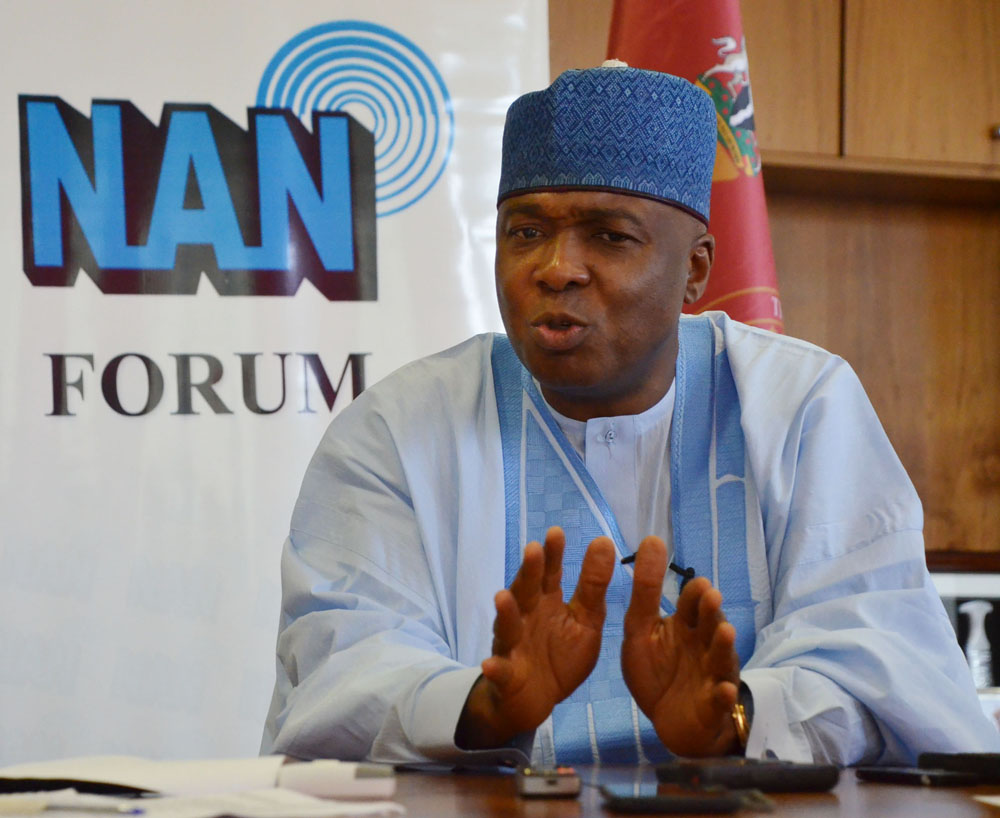On Thursday, a friend called me from Lokoja, the Kogi state capital, where she is serving fatherland. It was our first call in about a month. I was looking forward to catch up with her on a number of things happening in her life and some academic plans she told me about the last time we spoke.
To my surprise, this young lady was on the phone for the next 30 minutes complaining about Yahaya Bello, the governor of Kogi State, who we often joked was her boyfriend, since she worked at the heart of the Kogi civil service.
She told me how she spent the night partying and drinking because she was too scared to sleep. Earlier that day, a petrol tanker fell on an 18-seater bus, killing about 25 people, according to her narrative. The Federal Road Safety Commission (FRSC) had said only 13 people died in the accident.
Watching these people burn to death, my friend and a number of witnesses called the Kogi state fire service. The response was ironic. The fire man said there was no fuel to power their rescue vehicles to the site of the explosive accident.
Advertisement
Witnesses were helpless, they had to watch 25 people burn to the bones. “Mayowa, there was not a single drop of blood,” she said. These persons burnt to bones. “We can’t blame Buhari or federal government for this one, we must blame Yahaya Bello,” she added.
After her disturbing narrative, I began to wonder where oil and its many derivatives were taking Nigeria to after all. My solution-craving mind sought answers to the problem of oil transportation in Nigeria. “Why don’t people burn to the bones every weekend in the UK or America or even South Africa?” I asked myself.
My findings are sad. As far back as 1863, about 98 percent of America’s refined petroleum products were transported via pipelines. This means that about 150 years ago, a country like America had stopped the transport of inflammable oil and its derivatives via trucks and heavy duty vehicles over a long distance. In other words, on the transportation of petroleum products, we are at least 150 years behind the US.
Advertisement
Cornelius Vanderbuilt, a focused businessman, had worked with John Rockefeller in the 1800s to ensure the easy transport of petroleum products via railways. When Rockefeller became very dependent on Vanderbilt, the latter decided to jack up his prices, which led Rockfeller to the use of pipelines.
The billionaire built over 40,000 miles of pipelines to transport kerosene, which is less flammable petrol being driven around virtually every Nigerian road. Many countries around the world have learnt from the American model, and saved themselves the agony of burning helpless and hapless citizens to death. But not in my country.
In the same week, a team of explorers from the University of Maiduguri and the Nigerian National Petroleum Corporation (NNPC) were captured by Boko Haram, as they sought to find oil in the Lake Chad Basin. The death toll was put at over four dozens.
I sincerely sympatise with the university, the corporation and the families of those affected in the attack. May God rest the soul of the faithful departed.
Advertisement
Ibrahim Njodi, vice-chancellor of the University of Maiduguri, said on Monday that fear of Boko Haram cannot stop the oil-find in the Lake Chad basin. That is a very bold and courageous statement to make, and this manner of academics are the ones we need in our campus. Men and women of valour, who will not waver in the face of fear and grief.
However, if Nigeria will not stop its oil search in the northeast for the fear of Boko Haram, we can stop the search for the fear of climate change and a drastically changing world. We have not developed the entire oil value chain, which can prevent Kogi’s kind of accident, yet we pray for more oil.
As at the last meeting of the Organisation of Petroleum Exporting Countries (OPEC), Nigeria agreed to keep it oil output at a “stable” 1.8 million barrels per day, according to the OPEC secretariat. Two weeks later, Udo Udoma, the minister of budget and national planning, gives the key indices for the 2018 budget. To my surprise, he says Nigeria will produce at 2.3 million barrels per day.
Really? 2.3 million? That is a clear 500,000 barrels more than our agreement with OPEC. This clearly shows that we have more oil in the Niger Delta than we actually need, at least for the next 30 years. By the time oil dries up in the delta, we would already be in a post-oil world.
Advertisement
In line with a climate change pact signed by world leaders, including President Muhammadu Buhari, Volvo has decided that it will no longer make cars that run on oil derivatives (Diesel and Petrol) from the year 2019. Over the weekend, Tesla unveiled the cheapest fully electric car, which goes for only N11 million — this is less expensive than a same year Mercedez Benz E-Class.
The most senior executives of Royal Dutch Shell, the biggest oil company in Europe and Nigeria, are already shifting from oil-driven cars to electric cars. In September, Shell’s CEO will pick up an electric car. Come on Nigeria, the world is leaving oil behind!
Advertisement
This is a not a time to prospect oil, this is time to focus on means of survival in the bleak future of oil.
Nigeria, when you find oil in the Chad Basin, and begin production, who do you plan to sell it to? In what market? Is it this same market of oversupply? Like Akinwumi Adesina of AfDB will say, “nobody drinks oil and nobody smokes gas”. Nigeria, do you plan to drink oil or smoke gas in this life or the afterlife? Be wise.
Advertisement

